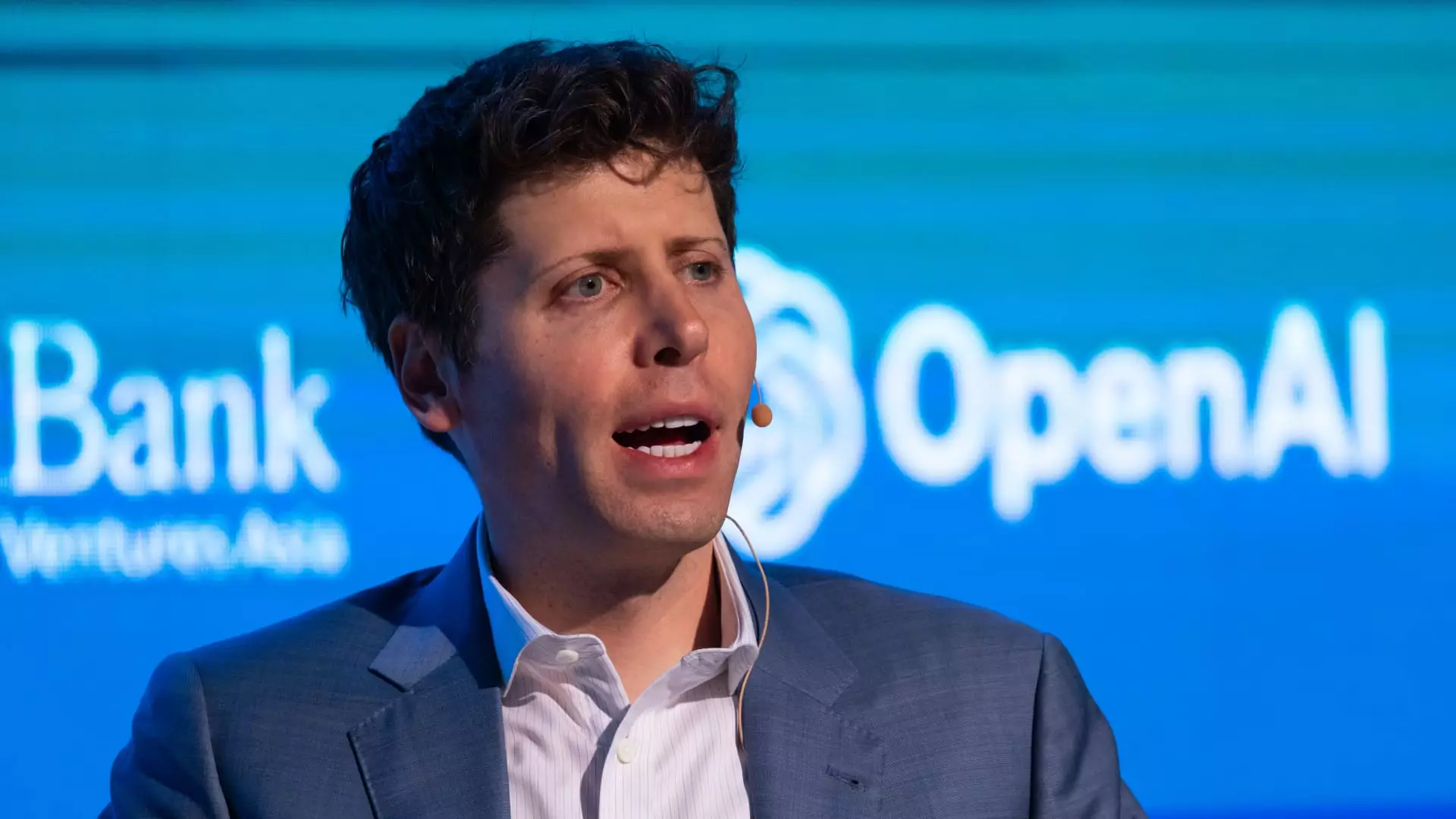The Center for Investigative Reporting, a well-established nonprofit newsroom, has taken legal action against OpenAI and Microsoft for alleged copyright infringement. This comes as a response to OpenAI’s ChatGPT chatbot, which has been gathering information from news stories without permission, according to the lawsuit filed in the Southern District of New York.
The plaintiffs accuse OpenAI of using, copying, and displaying valuable content from news organizations like CIR without authorization or compensation. They claim that OpenAI had the choice to respect journalistic works but chose not to, leading to the violation of copyright laws.
The CIR is seeking damages and profits from OpenAI and Microsoft, as well as statutory damages as per the Digital Millennium Copyright Act. The lawsuit highlights the struggle of the news industry to sustain revenue in the face of AI-generated content and the need to protect their businesses from unauthorized use of their material.
OpenAI and Microsoft have not yet responded to the allegations. However, some news organizations have chosen to collaborate with OpenAI, such as Time magazine and News Corp. These partnerships allow OpenAI to access and use archived articles to enhance its chatbot capabilities and train its AI models.
The lawsuit filed by CIR is not an isolated case, as other news organizations like The New York Times, Chicago Tribune, and New York Daily News have also taken legal action against OpenAI for copyright infringement. In a similar vein, U.S. authors have sued OpenAI for using their work without permission to train ChatGPT.
As AI technology continues to evolve, the line between fair use of content and copyright infringement becomes increasingly blurred. News organizations are faced with the challenge of protecting their intellectual property while also embracing the potential benefits of AI collaboration.
The battle for copyright between the news industry and AI developers like OpenAI raises important questions about intellectual property rights in the digital age. While collaborations between technology companies and media outlets can lead to innovation, they also highlight the need for clear guidelines and ethical practices in the use of copyrighted material. As AI becomes more integrated into journalism, finding a balance between innovation and protection of intellectual property will be crucial for the future of both industries.


Leave a Reply